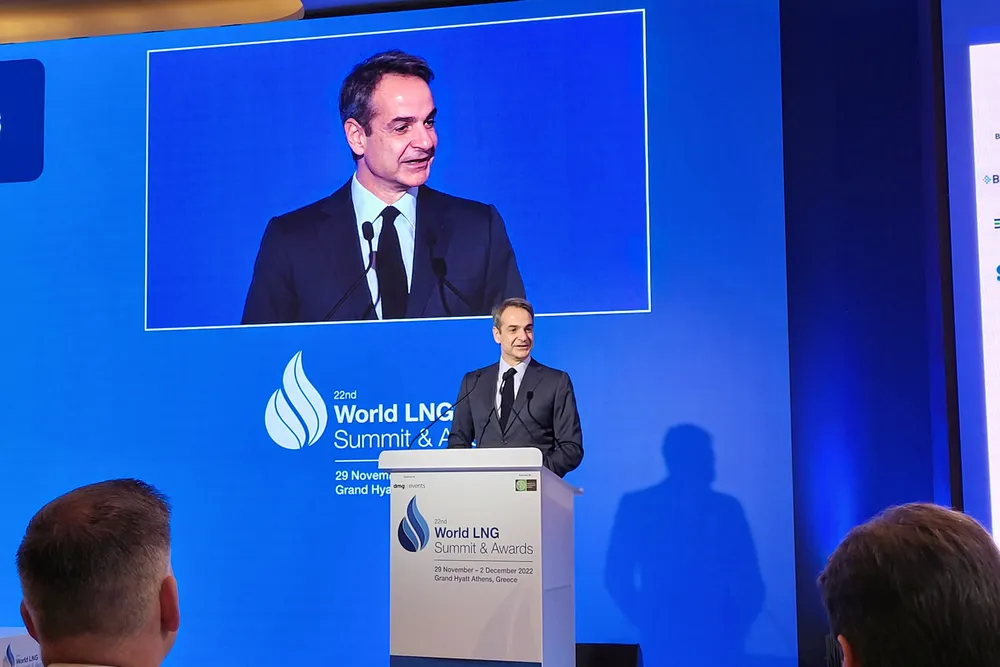Europe’s energy security will go through Greece, says Greek PM
Mitsotakis says Greece becoming prominent transit point for gas supply to Europe and is investing to expand this role

Mitsotakis says Greece becoming prominent transit point for gas supply to Europe and is investing to expand this role
